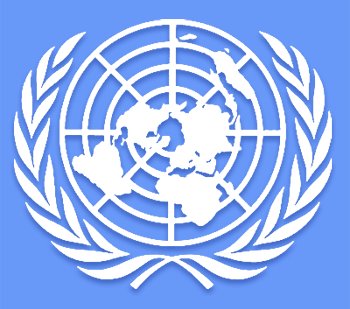
At the end of a two-day meeting in the Austrian capital, the declaration stressed "health as the basis for international drugs policy," the CND said in a statement.
"(It) will be a valuable tool to spur national efforts and strengthen international cooperation," its chair, Namibian Deputy Prime Minister Libertina Amathila, added in the statement.
The commission also detailed 30 solutions in six areas of concern, including reducing drug abuse and dependence, limiting the illegal drug supply, cutting down on production and fighting money-laundering.
The new document replaces a 1998 UN plan to reduce drug abuse and trafficking within 10 years, which an independent report found earlier this week to have mostly failed.
The head of the UN Office on Drugs and Crime, for which the CND sets policy, acknowledged Wednesday that the worldwide trade in drugs had burgeoned to more than 300 billion dollars (230 billion euros) annually and that anti-drug policies had indirectly created "a criminal market of macroeconomic size.
"We need law enforcement. But the heart of the matter is to bring back health, prevention, treatment, to the centre of drugs control. It's not done in a lot of countries," he said on the sidelines of the CND conference, whose task was to assess global anti-drug policies over the past decade.
-------------------------------------------------------
"(It) will be a valuable tool to spur national efforts and strengthen international cooperation," its chair, Namibian Deputy Prime Minister Libertina Amathila, added in the statement.
The commission also detailed 30 solutions in six areas of concern, including reducing drug abuse and dependence, limiting the illegal drug supply, cutting down on production and fighting money-laundering.
The new document replaces a 1998 UN plan to reduce drug abuse and trafficking within 10 years, which an independent report found earlier this week to have mostly failed.
The head of the UN Office on Drugs and Crime, for which the CND sets policy, acknowledged Wednesday that the worldwide trade in drugs had burgeoned to more than 300 billion dollars (230 billion euros) annually and that anti-drug policies had indirectly created "a criminal market of macroeconomic size.
"We need law enforcement. But the heart of the matter is to bring back health, prevention, treatment, to the centre of drugs control. It's not done in a lot of countries," he said on the sidelines of the CND conference, whose task was to assess global anti-drug policies over the past decade.
-------------------------------------------------------









 Home
Home Politics
Politics









